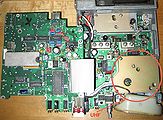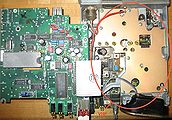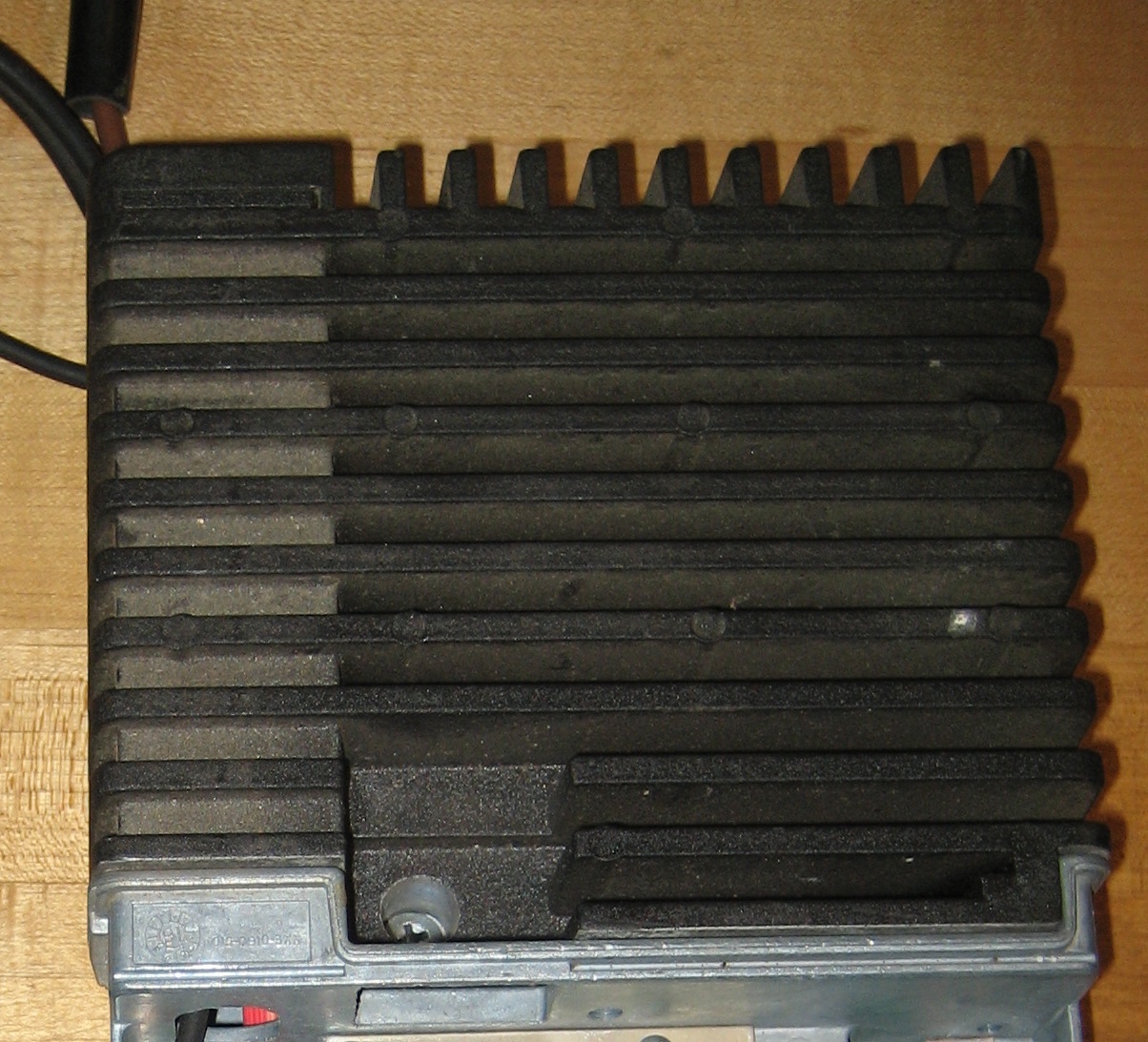Difference between revisions of "EF Johnson Challenger Series Information"
RadioNerds (talk | contribs) |
RadioNerds (talk | contribs) |
||
| Line 37: | Line 37: | ||
File:EFJ_Challenger_VHF_coverplate.jpg|VHF Cover Plate | File:EFJ_Challenger_VHF_coverplate.jpg|VHF Cover Plate | ||
</gallery> | </gallery> | ||
| + | |||
| + | Power output of the radio can be determined by the size of the rear heatsink. the max power is also determined by the band (UHF/VHF) | ||
| + | |||
| + | |||
| + | [[File:EFJ_Challenger_high_power.jpg|UHF-80 Watts / VHF-110 Watts]] | ||
| + | |||
| + | [[File:EFJ_Challenger_high_power.jpg|UHF-80 Watts / VHF-110 Watts]] | ||
Revision as of 21:10, 29 December 2012
EF Johnson Series Radio Model number Information
In a posting on the EFJ yahoogroup a gentleman reported that the model numbers in the 71xx series of Challengers were organized such that: The VHF units were 715x and 716x (the 5x were 1st generation and 6x were 2nd generation)
The UHF units were 717x and 718x (the 7x were 1st generation and 8x were 2nd generation)
The following numbers replace the x as mentioned above:
1 = 2 Channel 25 watts (VHF) 15 watts (UHF)
2 = 8 Channel 25 watts (VHF) 15 watts (UHF)
3 = 2 Channel 40 watts (VHF) 35 watts (UHF)
4 = 8 Channel 40 watts (VHF) 35 watts (UHF)
5 = 20 Channel 40 watts (VHF) 35 watts (UHF)
6 = 99 Channel 40 watts (VHF) 35 watts (UHF)
7 = 99 Channel 100 watts (VHF) 80 watts (UHF)
If it had a -5 after the number it was a remote mount system
Radio Identification by Images
you can easily identify the band of the radio by looking at the inside. the UHF has two small cover plates the the VHF has on large one.
Power output of the radio can be determined by the size of the rear heatsink. the max power is also determined by the band (UHF/VHF)


